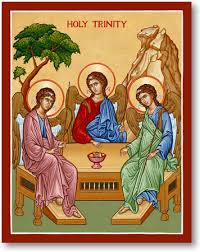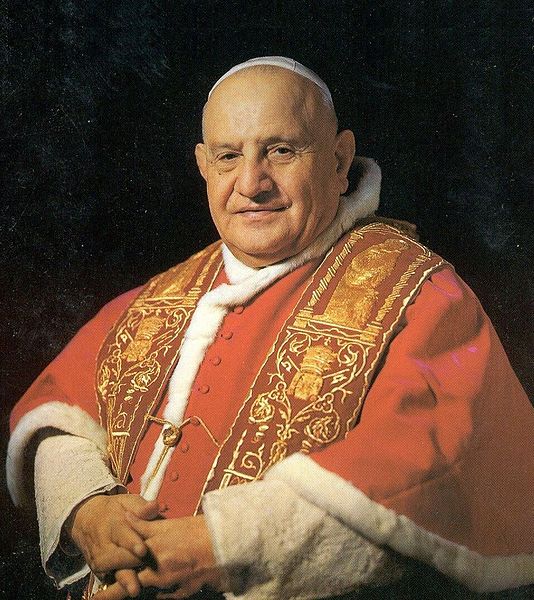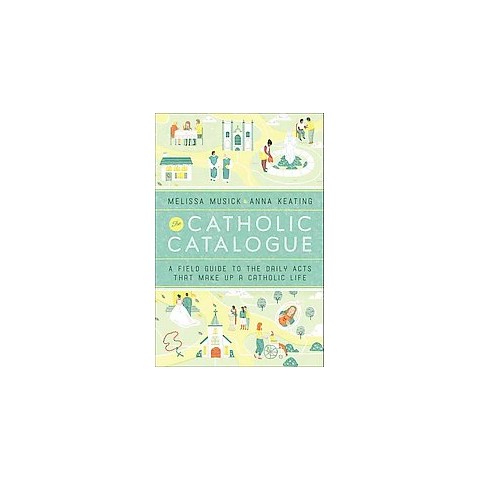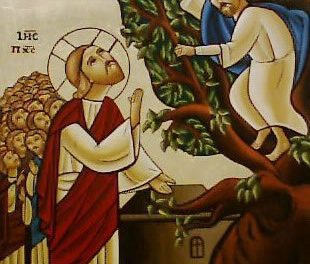Readings: Dt 4:32-34, 39-40; Ps 33; Rm 8:14-17; Mt 28:16-20
Who is God? We think we know, but often enough we are stuck with images that fall short. The readings on Trinity Sunday help us understand the fundamental nature of Scripture itself – not simply wise words about how to live, but the self-disclosure of God seeking relationship with us.
Who is this God? The first reading makes it clear that God is the God of Israel, the mighty Deliverer from bondage. It is this God Israel hears, and the psalmist then echoes this awe and wonder by shouting out “Blessed are the people the Lord has chosen to be His own.” So first and foremost, God has a people, God is known through God’s people.
But there is more. The giving of the Holy Spirit is the renewal of creation, the reconciliation of all things, the bringing together of difference in harmony. We learned that last week. But in this week’s second reading, we learn that this Spirit is “the Spirit of adoption.” We are not simply part of God’s people, but are “adopted” into the divine household. This is the opposite of “the spirit of slavery” – Jesus, after all, calls his disciples friends, and no longer servants – because they know what He is doing. Indeed, they participate in it, too. So, as Paul concludes today, we share in the inheritance of the Son through the giving to us of the Holy Spirit. This brings us into God. And we are above all enable to endure suffering for the sake of it.
And, so who is this God? The great commission of Matthew’s Gospel sums it up by Jesus commanding that all nations be baptized in God’s name, in the name of the Father, Son, and Spirit. All people are called to become part of God’s people; and all people can be granted the grace of adoption. But the name of God is a reminder that what we are drawn into is not some solitary guy on a throne (!), not some mysterious divine force field. We are drawn, simply, into love – and love is specific, this love, the love of the three divine persons. The peopling, the adoption – and yes, the suffering and the commandments Jesus casually tosses in at the end of the commission – these all head toward one place: love. Forever and ever. Whatever fancy theology we do about the Trinity, it comes back to that.





